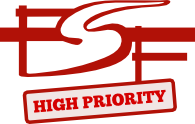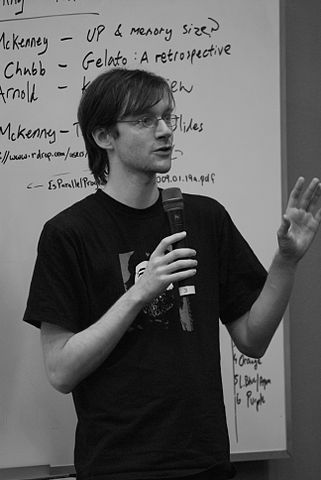Committee begins review of High Priority Projects list -- your input is needed
lundi 8 décembre 2014 à 23:40This announcement was written by the FSF's volunteer High Priority Projects Committee.
Nine and a half years ago the first version of the High Priority Free Software Projects (HPP) list debuted with only four projects, three of them related to Java. Eighteen months later, Sun began to free Java users. The current HPP list includes fourteen categories mentioning over forty distinct projects. Computing is ever more ubiquitous and diverse, multiplying challenges to surmount in order for all computer users to be free.
Undoubtedly there are thousands of free software projects that are high priority, each having potential to displace non-free programs for many users, substantially increasing the freedom of those users. But the potential value of a list of High Priority Free Software Projects maintained by the Free Software Foundation is its ability to bring attention to a relatively small number of projects of great strategic importance to the goal of freedom for all computer users. Over the years the list has received praise and criticism -- frankly not nearly enough, given the importance of its aims -- and been rebooted. As the list approaches its tenth year, we aim to revitalize and rethink it, on an ongoing basis.
The first step has been to assemble a committee which will maintain the list, initially composed of the following free software activists: ginger coons, Máirín Duffy, Matthew Garrett, Benjamin Mako Hill, Mike Linksvayer, Lydia Pintscher, Karen Sandler, Seth Schoen, and Stefano Zacchiroli. The committee has drafted this announcement and the following plan.
We need your input! Send your suggestions of projects to hpp-feedback@gnu.org. Remember, we're looking for projects of great strategic importance to the goal of freedom for all computer users. If you wish, we encourage you to publish your thoughts independently (e.g., on your blog) and send a us a link. Keep in mind that not every project of great strategic importance to the goal of freedom for all computer users will be a software development project. If you believe other forms of activism, internal or external (e.g., making free software communities safe for diverse participants, mandating use of free software in the public sector), are most crucial, please make the case and suggest such a project!
Based on the received input, the current content of the list, and our own contributions, we will publish a substantially revised list and an analysis before LibrePlanet 2015 and expect a lively discussion at that event. If we are successful, we will have the immediate impact of bringing widespread coverage of free software movement strategy and the ongoing impact of garnering substantial attention and new effort for listed projects. (Note that we're also interested in outreach and measurement suggestions. A revised and maintained list is necessary but not sufficient for success.)
Finally, we've already made a few minor changes to the HPP list in order to fix long-standing issues that have been reported in the past. We are looking forward to your feedback at hpp-feedback@gnu.org as we work on more substantial improvements!
About the Free Software Foundation
The Free Software Foundation, founded in 1985, is dedicated to promoting computer users' right to use, study, copy, modify, and redistribute computer programs. The FSF promotes the development and use of free (as in freedom) software -- particularly the GNU operating system and its GNU/Linux variants -- and free documentation for free software. The FSF also helps to spread awareness of the ethical and political issues of freedom in the use of software, and its Web sites, located at fsf.org and gnu.org, are an important source of information about GNU/Linux. Donations to support the FSF's work can be made at https://donate.fsf.org. Its headquarters are in Boston, MA, USA.
Media Contacts
John Sullivan
Executive Director
Free Software Foundation
+1 (617) 542 5942
campaigns@fsf.org

